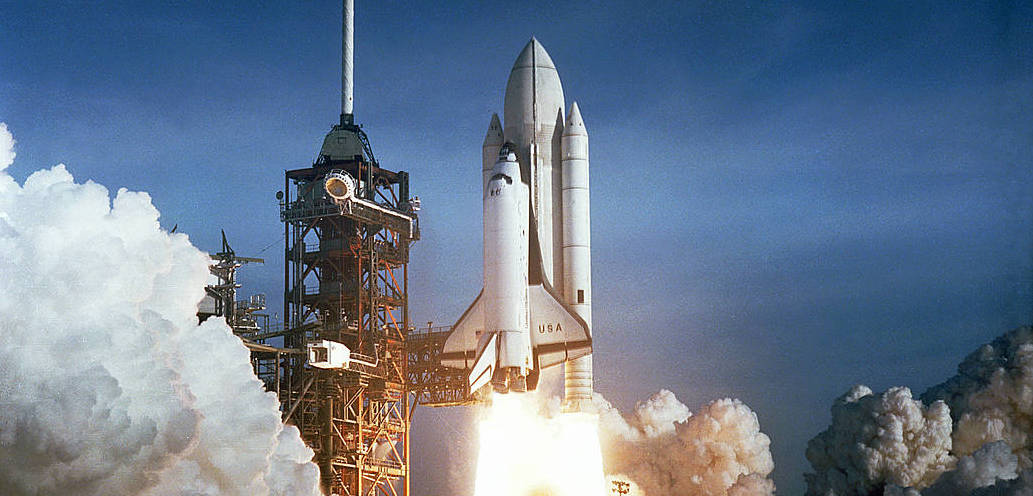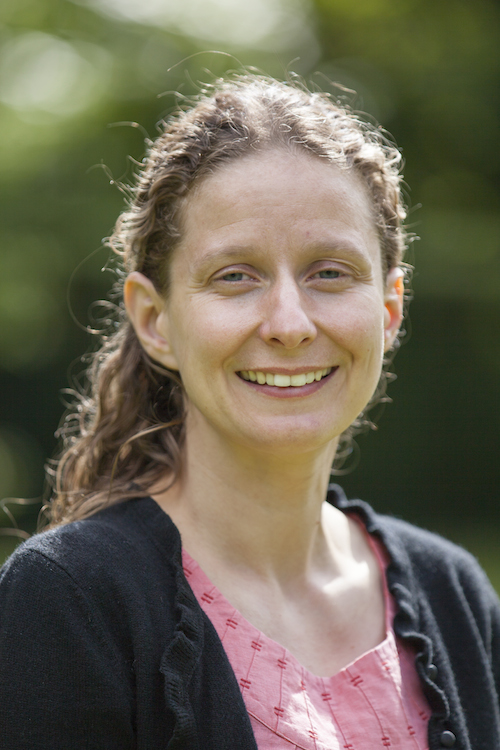
NASA
Where can we go to find out what is true? At the Faraday Summer course last week, the Dutch philosopher Professor René van Woudenberg explained why science cannot be relied upon as the only source of truth in the world. In a sense, he said, this type of argument is ‘kicking at an open door’. Philosophers have known that we need more than science as a source of knowledge for a long time, but it’s worth talking about because many people don’t know the door is open! Science is a great source of knowledge, but it has a number of limitations.
First, there are the sources of knowledge that are outside of science. To know something, you need to believe it is true. For example, no one knows that Paris is the capital of the UK. In other words, you need a reason to believe something, and that reason can come from outside of science. Some things – such as my name, who my parents are, whether I feel that I have a headache, or my obligations to my family – seem to be beyond scientific investigation. Moral and religious truths, especially, are ‘irreducibly extra-scientific knowledge’ – they can’t be discovered by doing scientific experiments.
Second, there is the type of knowledge we can only get from experience. You can know that an object appears to be a certain colour because of the physics of light, but do you really know what red looks like until you see it with your own eyes? Or can you know a person without meeting them? You can know the theory, but to know something or someone fully you need to experience it in person.
Third, there are the assumptions that we hold, which include logical principles, the idea that the laws of physics are the same right across the universe, or the fact that we trust ourselves to know anything in the first place. We know these things, but we cannot do very much to prove that they are true. From a scientific perspective, we just have to assume they are right and get on with our experiments.
Fourth, there are the ultimate questions. Want is the meaning of life? What should I value? Why should I do anything at all? These are real and very important questions, and it makes sense to ask them. Science is powerless to answer this type of question, so we need to go elsewhere to look for answers to them.
Fifth, some things are simply brute facts. Scientists are very familiar with the fact that they can explain things in lawlike ways. Light travels at a certain speed, things fall in certain ways if you drop them, and water bends light in particular directions. There may be higher laws, yet to be discovered, that explain why these things behave in the ways they do, but at some point there has to be an ultimate explanation of what makes the higher laws the way they are. You can’t simply keep on inventing ever-higher laws to explain the other laws. In the rest of life, we are familiar with personal explanations – someone left a book on my desk. Science cannot provide that sort of explanation, but that doesn’t mean it isn’t a possibility…
Finally, there are the ways scientists choose their theories. Only mathematicians can prove anything. Scientists can’t solve everything with numbers, we have to look for data and construct theories that make sense of them. In the end, all scientific theories are provisional, and there may be alternate explanations. So how do scientists decide between theories? Simplicity can often play a part.
If your door has been broken down, your house is a mess, and something has been stolen, what do you say to the police? Do you say that three people raided your house last night: one broke the door down, one made a mess, and another stole something? No, you probably say that at least one person broke into your house, made a mess, and took something valuable. Until you have more data, you can’t really claim how many people were involved.
There are all sorts of ways in which scientists find some theories more satisfying than others, but science itself is not always a deciding factor in the decision. Logic, reason, experience, intuition, aesthetics, personal preference – all of these can play a part. As time goes on, and more data are gathered, we can become more certain which theory is an accurate reflection of reality. Eventually some theories have so much data behind them – gravity or the common ancestry of all living things, for example – that they are treated almost as facts.
Science is a great enterprise, and can tell us many things about the way the world is. Most of us rely on scientific knowledge every day, and the vast majority of us would probably be dead without it. The incredible success of the scientific enterprise can lead some people to see it as the only reliable way to know the world. When that happens, we need people like René to remind us that we need to get out more. We need to learn about the world in a variety of ways, including – but not limited to – science.
All the lectures from the Faraday summer course will appear online over the coming weeks.

© Faraday Institute
Ruth Bancewicz is a Senior Research Associate at The Faraday Institute for Science and Religion, where she works on the positive interaction between science and faith. After studying Genetics at Aberdeen University, she completed a PhD at Edinburgh University. She spent two years as a part-time postdoctoral researcher at the Wellcome Trust Centre for Cell Biology at Edinburgh University, while also working as the Development Officer for Christians in Science. Ruth arrived at The Faraday Institute in 2006, and is currently a trustee of Christians in Science.




